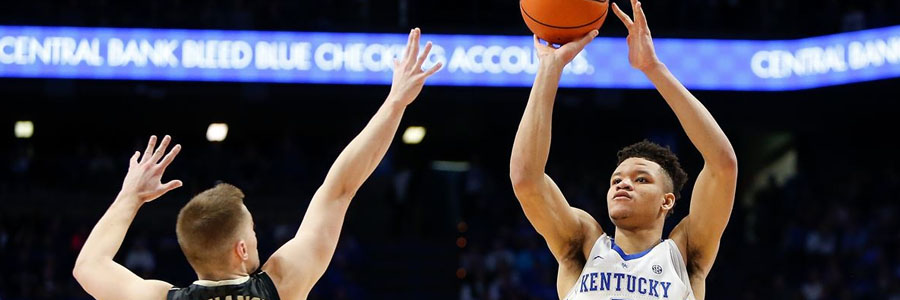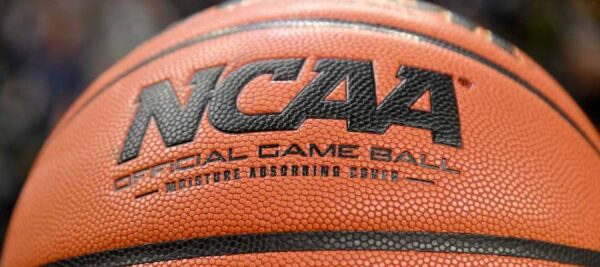With the start of the 2018 college basketball tournament just about a month away, now is a perfect time to get some expert March Madness betting tips that could help you cash in big once it gets underway!
If you’re looking to win consistently over the course of the quickly approaching national championship basketball tournament, then all you’ve got to do is stick to the script people. Here are a handful of expert NCAA Basketball betting tips that will help you maximize your chances of cashing in early and often.
Expert 2018 March Madness Betting Guide
Objective Analysis
One of the very first things I tell all betting enthusiasts is to use what I like to call objective analysis or the ‘head over heart’ method. Betting buffs in all sports genres should never, ever bet on one of their favorite teams. By avoiding betting on your ‘favorite’ team, you’ll manage to stay clear of using your ‘heart’ instead of your head, thereby effectively placing all of the focus on the game’s SU and ATS outcomes. While we all have ‘favorite’ teams, I’ve seen tons of bettors get in trouble because they’re ‘hoping’ their team can cover the spread more so than making an educated, unemotional wager.Bet the No. 1 Seeds Early On!
No. 1 seeds are all but unbeatable in the opening rounds. No 16 seed has ever upset a No.1 seed. Not only that, but No.1 seeds generally rout their No. 16 seeds counterparts with only five games in tournament history between these two seeds being decided by less than 10 points.Pick A No. 14 Seed to Win Its Opener!
For 18 of the 33 years since the tournament field expanded to 64 teams, at least one No. 14 seed has triumphed over a No. 3 seed. No. 14 seeds are a surprising11-9 in matches decided by 3 points or less.Streaking or Struggling?
The first thing any March Madness betting enthusiast should do is look at the recent ATS trends of both teams in any game they may potentially wager on. Simply put, knowing whether or not a team is either streaking – or struggling – will give you the best insight into which team likely stands the best chance of cashing in for that particular matchup. For example, let’s say that St. John’s has gone 8-2 ATS in their last 10 games and they’re facing a Providence team that has gone a polar-opposite 2-8 ATS in its L/10. While several other factors could decide the outcome, just based on the numbers, the Red Storm have a better chance of covering the chalk!Pick No. 12 Seeds
In 29 of the last 33 years, the 12 seed has won at least one first-round game for a total record of 47-85 (35.6 percent) against the 5 seed. The only exceptions were in 1988, 2000, 2007 and 2015. The lower seed is 19-27 in games decided by four points or fewer. Two of those close wins came in 2016, as No. 12 Little Rock knocked Purdue out of the first round with an 85-83 win and No. 12 Yale dispatched Baylor 79-74. In 2017, No. 5 Notre Dame held off No. 12 Princeton, 60-58.Pick a 1, 2 or 3 Seed to Win it All!
Since the field expanded to 64 teams in 1985, a team seeded in the top three in its region has won the national title all but three times. The other seeds to win? A four (Arizona), a six (Kansas) and an eight (Villanova).Don’t Pick a Final Four Featuring All No. 1 Seeds!
The Final Four has only been all No. 1 seeds once (2008). Since then, No. 2 seeds have been just as likely to make the Final Four as No. 1 seeds.Last 10 NCAA Basketball Champions
- 2017: North Carolina
- 2016: Villanova
- 2015: Duke
- 2014: Connecticut
- 2013: Louisville
- 2012: Kentucky
- 2011: Connecticut
- 2010: Duke
- 2009: North Carolina
- 2008: Kansas




